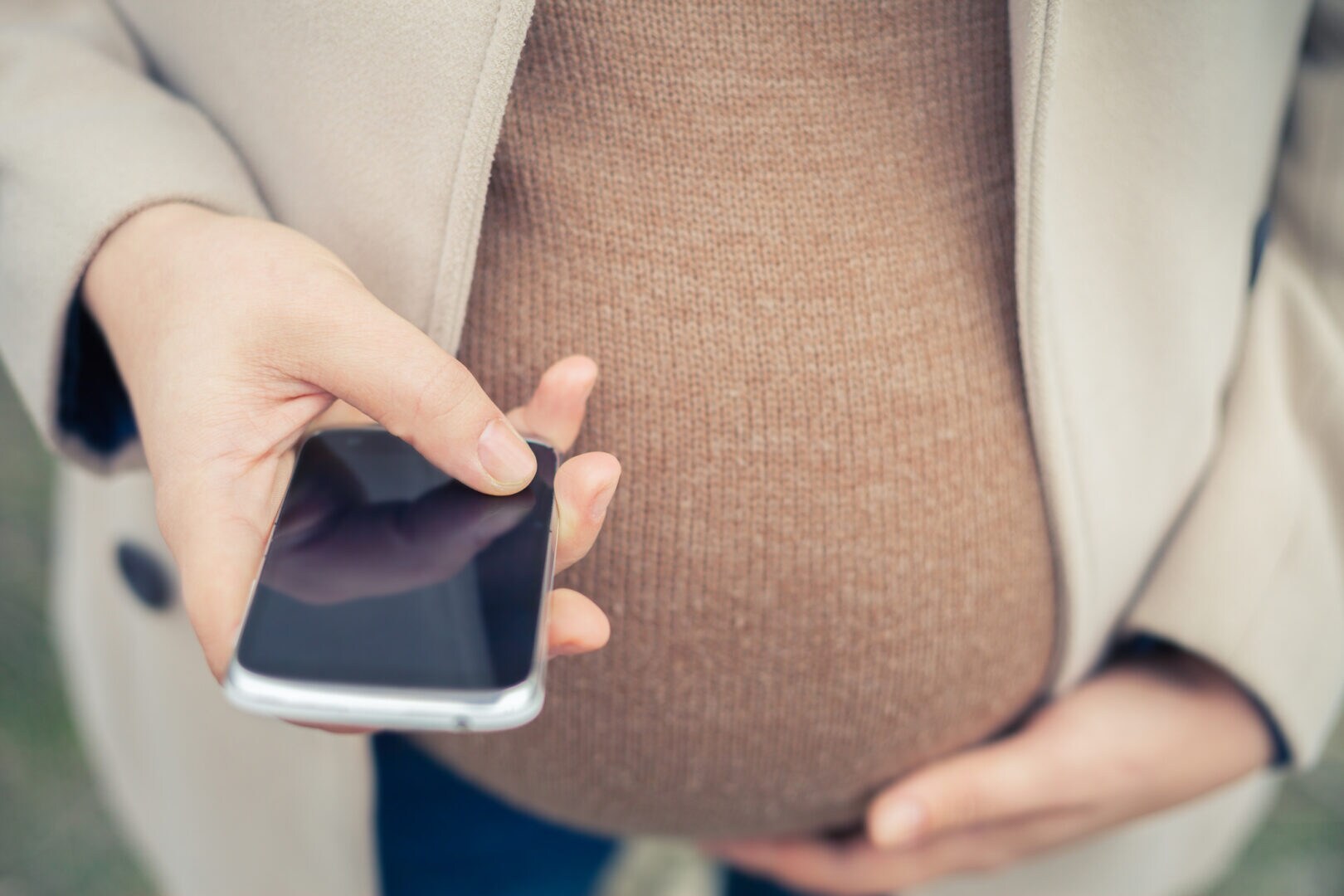When a person goes into labor, they might stress out about finding their hospital bag, getting to the doctor quickly and keeping themselves and their infant safe and healthy. One thing they shouldn’t have to worry about is how they’re going to call out of work. A TikTok user named Marissa Pierce recently shared a video of herself in labor, agonizing over the message she should send to let her boss know she couldn’t make it to work that day. Her post is reality for far too many parents, and it’s going viral for providing a bleak portrait of working parenthood in the United States.
“Labor is stressful,” Pierce writes in her video’s caption. “Calling out is even more stressful.”
In the video, Pierce sits in a hospital bed typing out a message to her boss. She reads the message to her partner to make sure it sounds alright. She says, “Hey Jill, I am in labor. I just got admitted to the hospital. Smiley face. Would it be OK if my mom or brother picked up my paycheck tomorrow?”
Pierce tells Buzzfeed the video was originally recorded in July, when she gave birth to her son, Charles. The mom works at a drive-through coffee chain, and she went into labor at 2 a.m. on a morning when she was scheduled to work at 10 a.m. Her due date was about a week and a half away, and Pierce says she was anxious about how to tell her boss she was giving birth early.
Overthinking an email to the boss is a relatable experience for many people, but what catapulted Pierce’s video to viral fame is the fact that she had to worry about sending an apologetic email for giving birth in the first place. Pierce’s video has been liked more than 695,000 times, and nearly 5,000 people have left comments commiserating with her experience and calling out the abysmal state of paid family leave in the U.S.
“I had to have my son three and a half months early,” one commenter writes. “The first thing I said when I realized I was having him was, ‘What about work?’”
Another parent says she spent her downtime in labor trying to find other employees to cover her missed work hours. “I relate so much,” she writes. “I was literally getting my shifts covered while waiting to get my cervix checked.”
Even in tragic circumstances, some people say their managers have shown no empathy. “I had a miscarriage in March. I was 12 weeks,” one person writes. “My boss called to ask when I was coming back to work three days later. No condolences.”
Several commenters pointed out that Pierce’s experience is typical for American parents, and many cracked jokes about the impossible expectations employers have for parents. A few commenters even left mock responses Pierce’s boss may have had to her message.
“Please come in with a doctor’s note the next day,” one person writes. “The baby will not count as one, seeing as we need it on file.”
Another person adds, “I see why the baby needs to be there, but why do you?”
Pierce tells Buzzfeed her boss was supportive while she was in labor. Nonetheless, her video shines a spotlight on the fact that many parents in the U.S. still have zero paid leave and work for companies that are not family-friendly.
As many as 114 million Americans have no access to paid leave, according to a report from the national campaign PL+US: Paid Leave for the United States. Additionally, one in four new moms returns to work within 10 days after giving birth. Even when workplaces do have paid leave policies in place for moms, dads, co-parents in LGBTQ+ couples and adoptive parents are often left out. President Biden’s Build Back Better plan included provisions to address some of the paid leave problems in the U.S.; however, congressional gridlock has kept those plans from coming to fruition.
Pierce’s story resonates because it highlights the common struggles faced by millions of working parents, caregivers and pregnant people in the U.S. New parenthood is hard enough, and parents like Pierce deserve the time and space to adjust without needing to worry about their next paycheck.




